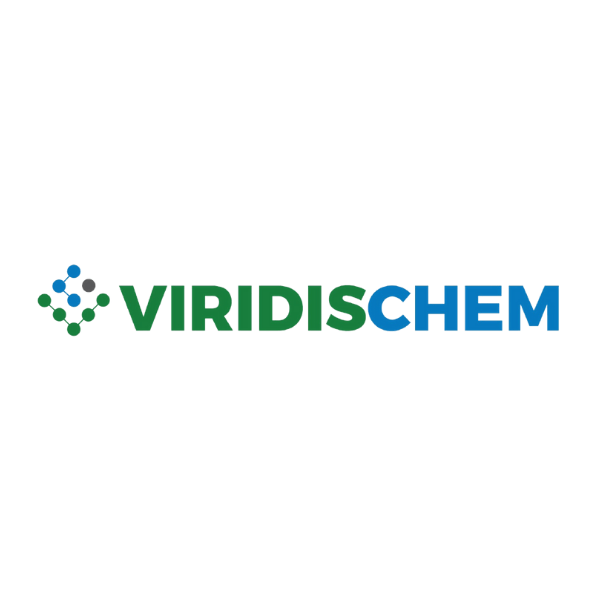Green Chemistry Education: An upstream approach to addressing sustainability challenges is a part of the Webinar Series “Green Chemistry, what it means today for industry sectors” where industry leaders from different sectors share their innovations and experiences. Since ViridisChem serves many industries in helping them make toxicity-aware R&D decisions, we wanted to learn how important the knowledge of toxicity of chemicals and ingredients is for different industries and how they use it. Seeing the large number of registrations during every webinar, we quickly realized that this is an interesting topic for many people.
Green chemistry provides tremendous opportunities for educators to better prepare their students with skills to address the global pollution challenges and sustainability through chemistry. This webinar will cover the topic of Green Chemistry Education covering all levels of curriculum from high-school to post-graduate.
Here are the webinar recordings:
Dr. Wei Zhang is the Professor and Director of the Center for Green Chemistry at University of Massachusetts Boston. He was a senior scientist at DuPont and the director of Fluorous Technologies, Inc. As the leading authority in fluorous and green chemistry, Dr. Zhang has published over 160 peer-reviewed papers, and his research group is active on green synthesis, organocatalysis, fluorine chemistry, and medicinal chemistry.
Twenty years ago, Green chemistry PhD program was established at University of Massachusetts Boston by Prof. John Warner. During the webinar Dr. Zhang highlights the recent progresses of the program in green chemistry education, research and international collaboration.
Dr. Amy Cannon is the co-founder and executive director of Beyond Benign, a non-profit organization dedicated to fostering a green chemistry community that empowers educators to transform chemistry education for a sustainable future. Dr. Cannon holds the world’s first Ph.D. in Green Chemistry from the University of Massachusetts Boston.
Dr. Amy Cannon highlights the transformative approaches to building a community of educators to teach and practice green chemistry – including Beyond Benign’s Green Chemistry Commitment program. She also describes the open-source, on-line platform called GCTLC, set to launch in 2023, that will allow the global green chemistry community to share resources and collaborate to catalyze the implementation of green chemistry throughout the education continuum.
Dr. Liza Abraham is an associate professor of chemistry at Ambrose University, Calgary, Canada. She teaches chemistry, toxicology, pharmacology, nanoscience and green chemistry courses. She is committed to incorporating green chemistry practices into chemistry laboratories and has established a successful undergraduate research program based on green chemistry principles.
Dr. Liza Abraham discusses examples of experiments that she has developed based on green chemistry principles, that match the learning outcomes of standard reactions. She demonstrates that undergraduate research projects focusing on green chemistry can be undertaken with minimal infrastructure and reduced cost.
Here is the Q&A session, where the speakers answered the participants questions.
Lastly, here are the results from our Poll:
Q1. Among the 12 principles of green chemistry, which one is considered the most important?

Q2. At what education level should green chemistry be introduced?

Q3. Where are you on your journey to implement green chemistry in your teaching and/or practice?

Stay Tuned for our future webinars! If you want to know more about ViridisChem, contact us.
ViridisChem is a software company offering essential toxicity data and tools for companies to move towards sustainable product development.
We have the world’s most comprehensive toxicity database with over 90 million chemicals, and utilizing this data, our software tools provide toxicity analysis of chemicals, mixtures and formulations, and product development processes.
Demonstrations

Chemical Analyzer for Lab Safety

Chemical Analyzer for Process Development
